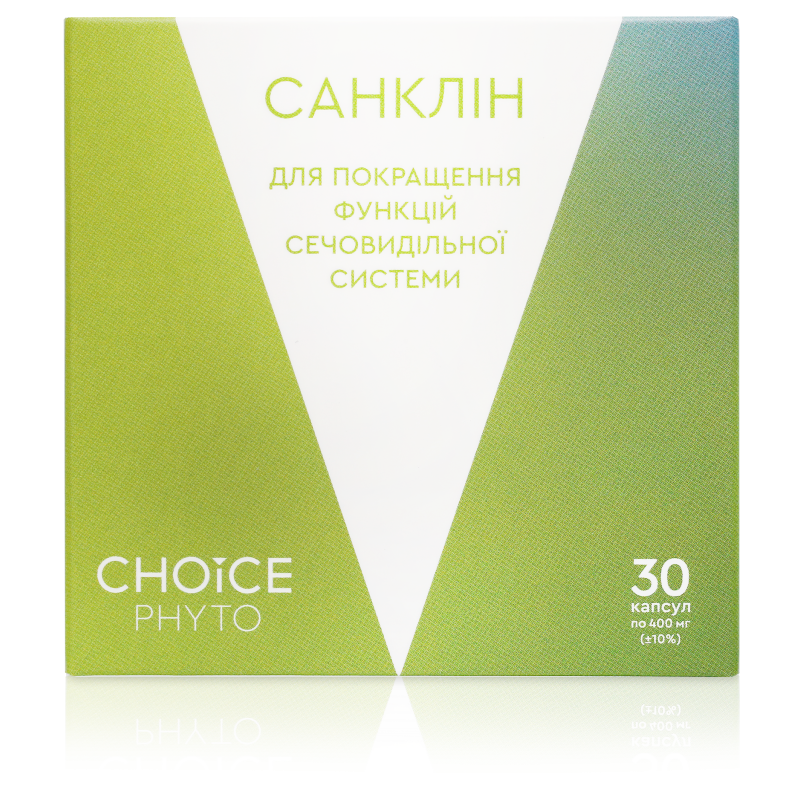Common mugwort (leaves)
Valued for its diuretic and antimicrobial effect. Contains arbutin, tannins, ether compounds and resins. Flavonoids of the plant increase the effect of anti-inflammatory agents. Arbutin in the body acts as an antibiotic for the genitourinary system: it turns into hydroquinone, which is excreted in the urine, destroying staphylococci, Escherichia coli and Candida albicans on its way. Tannins form a connection with the collagen of the urinary tract and form a protective film on the inner surface of the urinary tract. This action has an anti-inflammatory and bactericidal effect.
Fenugreek (grass and fruits)
Luteolin and apigenin of plants relieve inflammation, increase the density of kidney tissues, and improve urine output. These properties are enhanced by ascorbic acid. Sinigrin glycoside contains sulfur, which relieves inflammation and dilates blood vessels, increasing blood flow to the kidneys.
Buckwheat (herb)
Effective for pyelonephritis, hematuria, edema due to tannins, organic acids, phytoncides and hyssopine glycoside. They tighten tissues, stopping blood from entering the urine, regulate glucose levels, reduce inflammation, and reduce oxidative stress, preventing kidney damage.
Sporish (herb)
Hemostatic, which prevents red blood cells from entering the urine. It reduces the permeability of the capillaries of the kidney parenchyma. It works with the help of flavonoids myricitin, kaempferol, quercetin, rutin, which strengthen capillaries and increase their elasticity. This not only prevents their rupture, but also improves glomerular filtration. Sporish helps heal inflamed tissues and replace damaged elements by activating the Wnt/β-catenin signaling pathway, which is responsible for cell division and differentiation. The caffeic acid of the plant is a strong antioxidant, affects the creatinine level, protects the urinary tract and accelerates glomerular filtration.
Kidney tea
Diuretic and antispasmodic, which works thanks to a complex of essential oils, orthosiphonin glycoside, saponins and tannins. Prevents the accumulation of uric acid and chlorides in the body.
Horsetail (grass)
Horsetail is a source of silicon salts that form colloidal compounds that cover the bladder and kidney tubules with a protective film. Prevents the formation of concretions. The trace element is also a part of collagen fibers, and therefore is responsible for the elasticity of blood vessels. This improves their condition with kidney failure, inflammation of the urinary tract, and increased pressure. Plant alkaloids and steroids of horsetail regulate the water-salt balance, relieving swelling and improving the removal of excess fluid.
Chamomile medicinal (flowers)
Hamazulene, the main component of the essential oil of the plant, disinfects and relieves inflammation. The flavonoid apigenin acts as an antispasmodic, eliminating colic and pain.
Lingonberry (leaves)
Diuretic and antimicrobial agent. Contains glycosides arbutin, vaccinin, lycopene, hydroquinone. They provide diuretic, choleretic, antiseptic and viscid effects in the treatment and prevention of urolithiasis, acute and chronic inflammatory processes of the genitourinary system, nocturnal urinary incontinence.
Dioecious nettle (leaves and root)
The plant contains 35% fiber and 10% starch. Fiber removes toxins, and starch together with silicic acid relieves inflammation of the epithelium of the urinary system. It reduces uremia and increases the volume of urine. Steroids enhance the anti-inflammatory properties of nettle. Plant carotenoids are antioxidants that bind free radicals, restoring kidney function. Acetylcholine causes contraction of the smooth muscles of the bladder, improving its emptying.
Common flax (seed)
Flax is a source of alpha-linolenic acid, fiber and lignans. Acid reduces the risk of atherosclerosis of renal vessels. Lignans have anti-inflammatory properties, effective in urolithiasis, kidney and bladder diseases.
Dandelion (root)
The root consists of 40% soluble natural prebiotic and detoxifying polysaccharide inulin, which cleanses the blood of toxic metabolic products. Dandelion improves fluid excretion because it contains up to 10% of the diuretic taraxacin. The roots are rich in antioxidants for kidney cells, which bind free radicals and protect nephrons from damage, preventing urinary disorders. Thanks to steroids, the manifestations of inflammation are reduced.
Plantain (grass)
Contains glycoside aucubin and flavonoid baicalin - bacteriostatic and anti-inflammatory compounds that stop the reproduction of putrefactive and purulent bacteria, and tannins prevent them from attaching to the walls. The flavonoid scutellarin neutralizes toxins released by microbes, reducing puffiness. Polysaccharides and mucilage of plantain remove toxic compounds with feces.
Taurine
Restores the balance between potassium and sodium, preventing retention and accumulation of fluid in tissues and promoting its timely removal from the body. It has a bacteriostatic effect against bacteria, viruses and yeast-like fungi.
The composition is complemented by dried and crushed sprouted grains of oats, wheat and corn . They are a source of amino acids, vitamins, microelements, enzymes and phytohormones in biologically active and readily available forms that help regulate metabolism, relieve inflammation, and prevent the formation of calculi. They increase immunity, normalize the hormonal background. Regular use of sprouted grains replenishes the supply of nutrients, strengthens the effect of all components of the phytocomplex and accelerates the onset of the effect.






